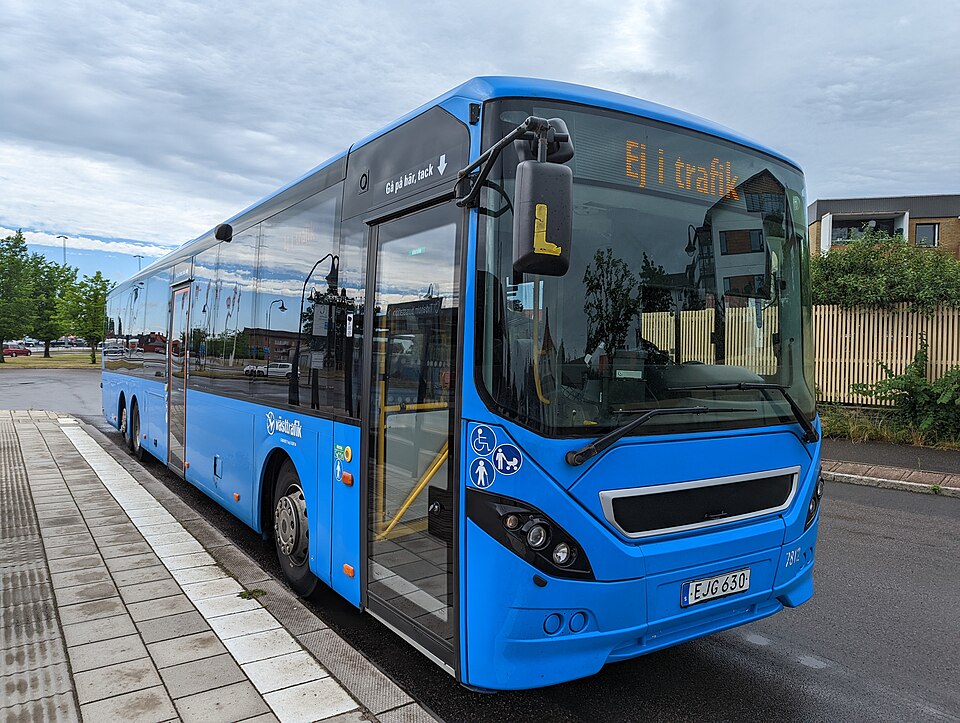Commuting becomes a grueling daily ordeal, impacting productivity, air quality, and overall quality of life. While infrastructural investments in roads and bridges are crucial, optimizing existing resources, particularly public transportation, offers a more immediate and cost-effective solution. Effective bus schedule for bus plays a vital role in this solution, offering a powerful lever to ease traffic congestion.
METICULOUS PLANNING
A well-designed bus schedule, one that is frequent, reliable, and strategically planned, makes taking the bus a more appealing alternative to driving. When buses arrive on time and serve routes that connect key locations, commuters are more likely to ditch their cars and embrace public transport. This directly translates to fewer vehicles on the road, reducing congestion in high-traffic areas.
Beyond frequency and reliability, smart scheduling considers peak hours and anticipates demand. Implementing express routes during rush hour can bypass congested areas, offering a quicker and more efficient commute for riders. Similarly, strategically placing bus stops to connect residential areas with employment hubs and other vital destinations minimizes travel time and maximizes convenience, further incentivizing ridership.
DATA APPRAISAL
Real-time tracking systems allow riders to monitor bus locations and arrival times, reducing uncertainty and improving the overall commuting experience. Data analytics can be used to identify patterns in passenger demand, allowing planners to adjust routes and schedules to better serve the needs of the community. Furthermore, integrated ticketing systems that allow seamless transfers between different bus routes or other modes of public transport enhance convenience and encourage the use of a multi-modal approach, further reducing reliance on private vehicles.
The benefits of effective bus scheduling extend beyond simply reducing congestion. By optimizing routes and minimizing idling time, bus scheduling can contribute to lower fuel consumption and reduced emissions, promoting a more sustainable transportation system. Moreover, increased bus ridership can lead to reduced parking demand, freeing up valuable space in urban areas.
Effective bus schedule for bus is not just about timetables and routes; it’s about strategically managing a city’s transport network to optimize efficiency and alleviate congestion. By prioritizing frequency, reliability, strategic route planning, and leveraging technology, cities can create bus schedules that encourage ridership, reduce the number of cars on the road, and ultimately contribute to a smoother, more sustainable, and less congested urban environment. Investing in smart bus scheduling is a win-win for commuters, the environment, and the overall urban landscape.
